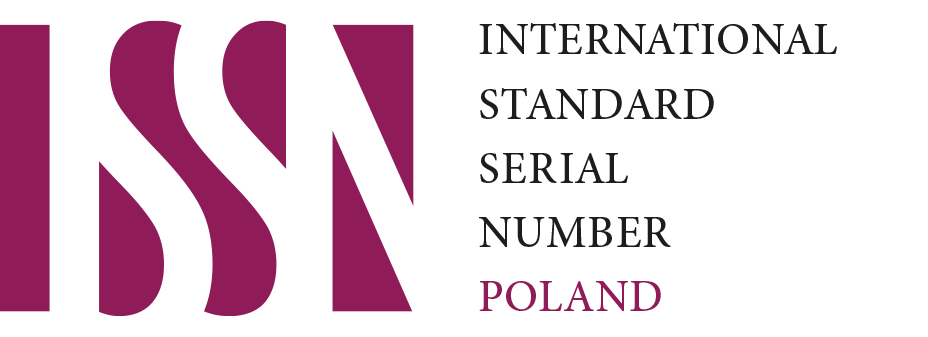IN THE TRAINING OF FUTURE EDUCATORS THE ROLE OF NATIVE LANGUAGE TEACHING METHODOLOGY
Keywords:
Preschool education, native language teaching, early childhood development, interactive learning, digital pedagogy, cultural integration, educator training, language acquisition.Abstract
The development of native language skills during early childhood is foundational for overall educational success and cultural identity formation. This study explores various methodologies for teaching the native language in preschool settings and evaluates their effectiveness in vocabulary acquisition, comprehension, and engagement. Using a mixed-methods approach, the research involved 160 preschool children and 20 trainee educators across 10 educational institutions. Four distinct teaching approaches—traditional, interactive, digital, and culturally integrated—were compared over a 12-week intervention. The findings indicate that interactive, digital, and culturally integrated methods significantly outperform traditional approaches in terms of language development and learner engagement. Recommendations are proposed for the enhancement of preschool teacher training programs, with a focus on incorporating innovative and culturally responsive methodologies.Downloads
Published
2025-11-09
Issue
Section
Articles
How to Cite
IN THE TRAINING OF FUTURE EDUCATORS THE ROLE OF NATIVE LANGUAGE TEACHING METHODOLOGY. (2025). World Bulletin of Education and Learning, 1(02), 28-37. https://worldbulletin.org/index.php/1/article/view/74






